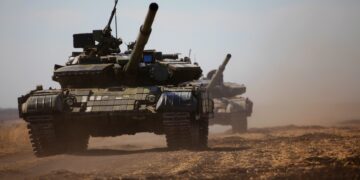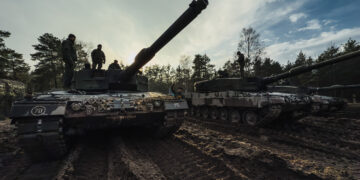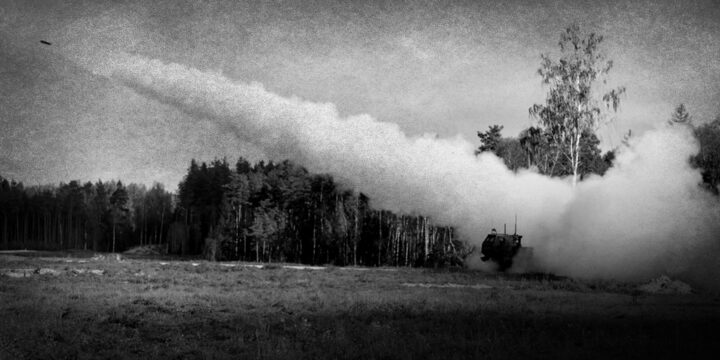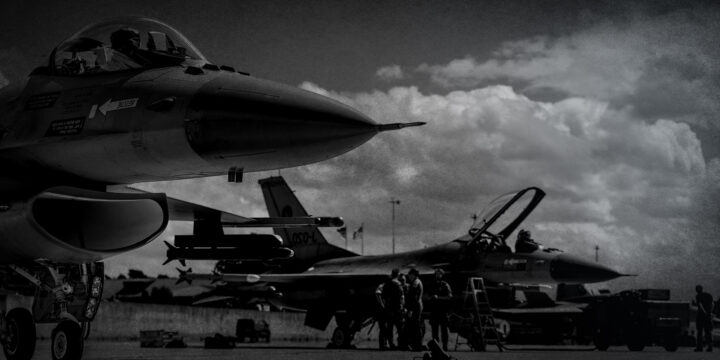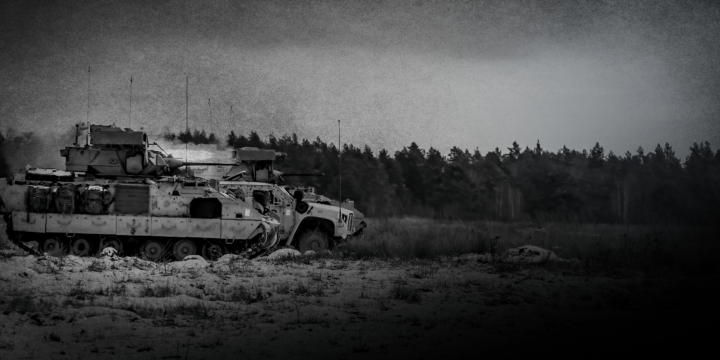November 23, 2024
Western escalation with Russia will bring little reward
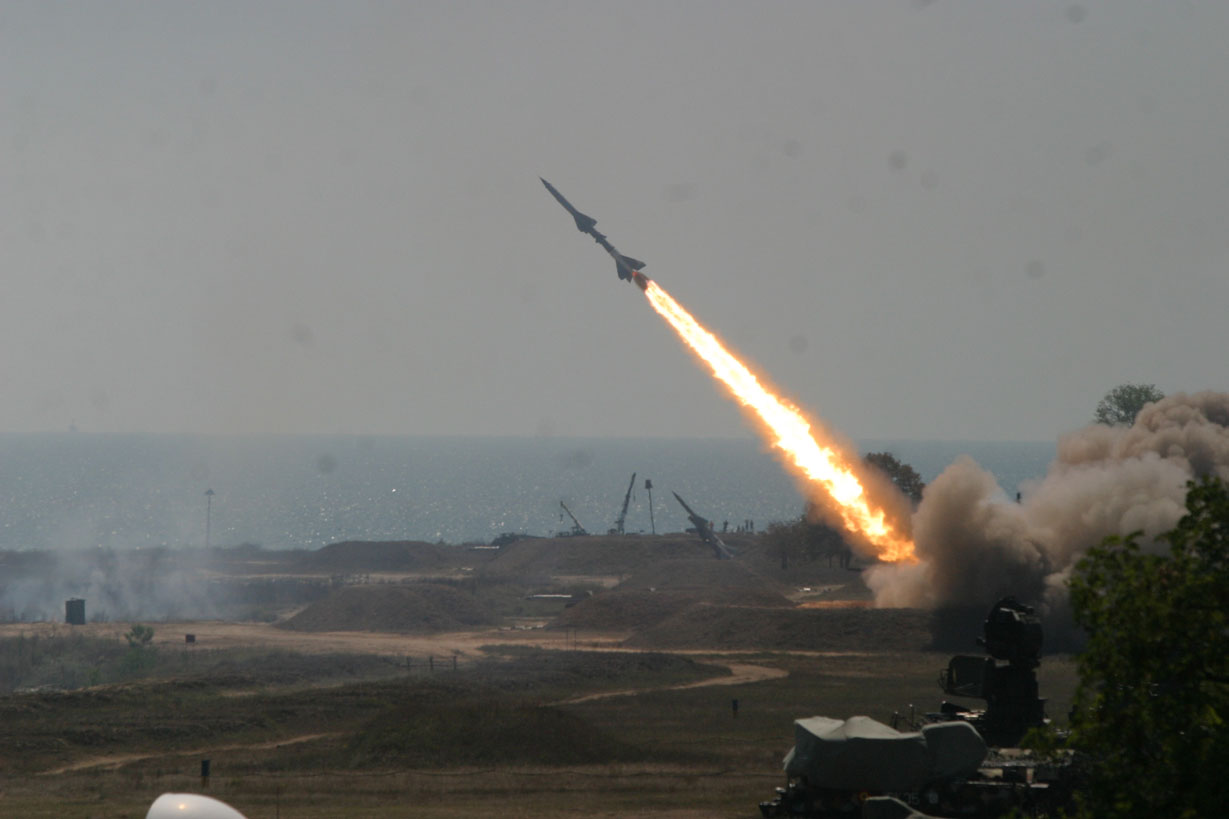
Major escalation is occurring between Ukraine, its Nato backers, and Russia. In response to the US decision to allow Ukraine to use US Army Tactical Missile Systems — ATACMS — to strike deep into Russian territory, Moscow has fired what it says is a new ballistic missile onto Dnipro in Ukraine. While the Russian missile carried conventional warheads, it is capable of delivering a nuclear payload, sending an ominous signal to Ukraine and the West.
Just as alarmingly, in a move undertaken in response to Washington’s consideration of these deeper strikes, Vladimir Putin this week lowered Russia’s threshold for nuclear weapons use in its official doctrine. The change says that Russia might use nuclear weapons to respond to a conventional attack on its territory by a nation that is supported by a nuclear power. Moscow is, in other words, warning that it might resort to nuclear war over Washington letting Ukraine fire US missiles at Russia.
Foreign policy elites in Washington and Europe largely dismiss escalation danger in Ukraine. They argue that crossing various Russian red lines — by sending tanks, F-16s, allowing the High Mobility Artillery Rocket System (HIMARS) to hit Russian territory, and tolerating Ukraine’s assassinations and drone attacks in Russia — has already called Putin’s bluff, and we need not worry about escalation, even the nuclear sort.
Coming from Ukraine, this cavalier attitude is more understandable. Facing an existential danger, heightened risk of escalation may seem relatively less significant. But the Western nations helping Ukraine have very different interests to those of Kyiv. Blowing off escalation risks, especially with the ATACMS decision, is strategic malpractice. There are several reasons why.
Authors

Christopher
McCallion
Fellow

Benjamin
Friedman
Policy Director
More on Eurasia
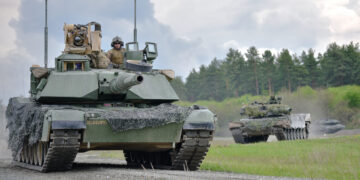
By Daniel Davis
February 21, 2025
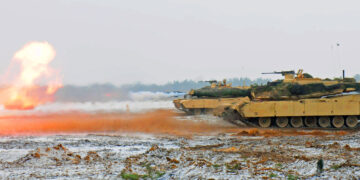
By Christopher McCallion and Jennifer Kavanagh
February 18, 2025
